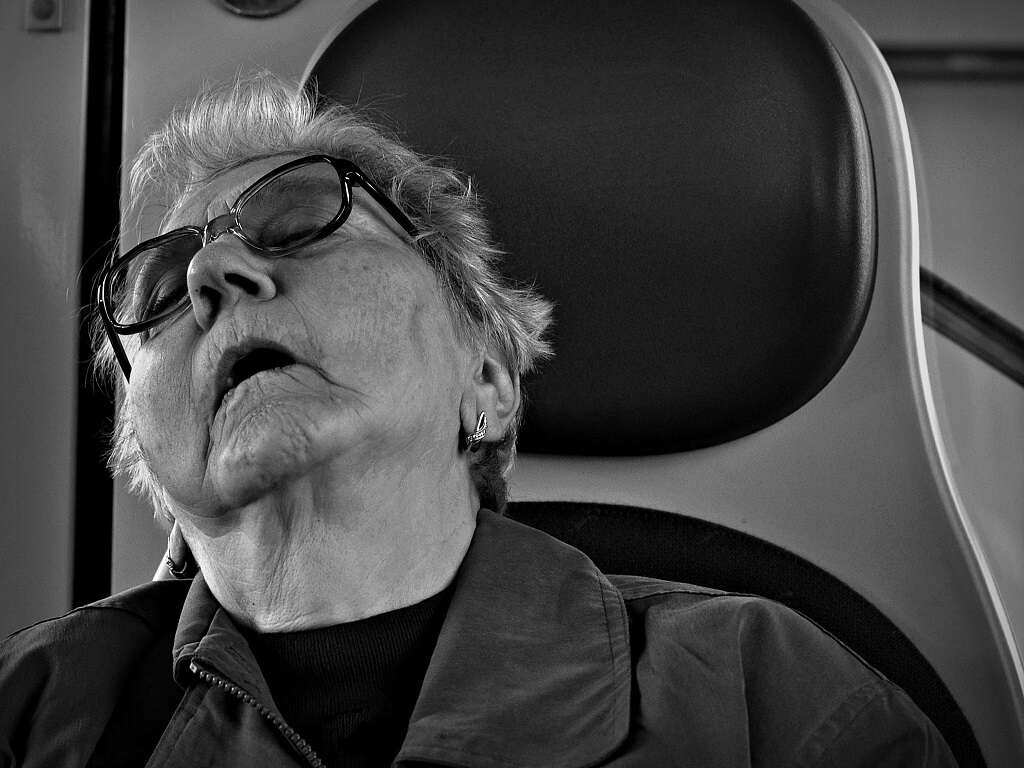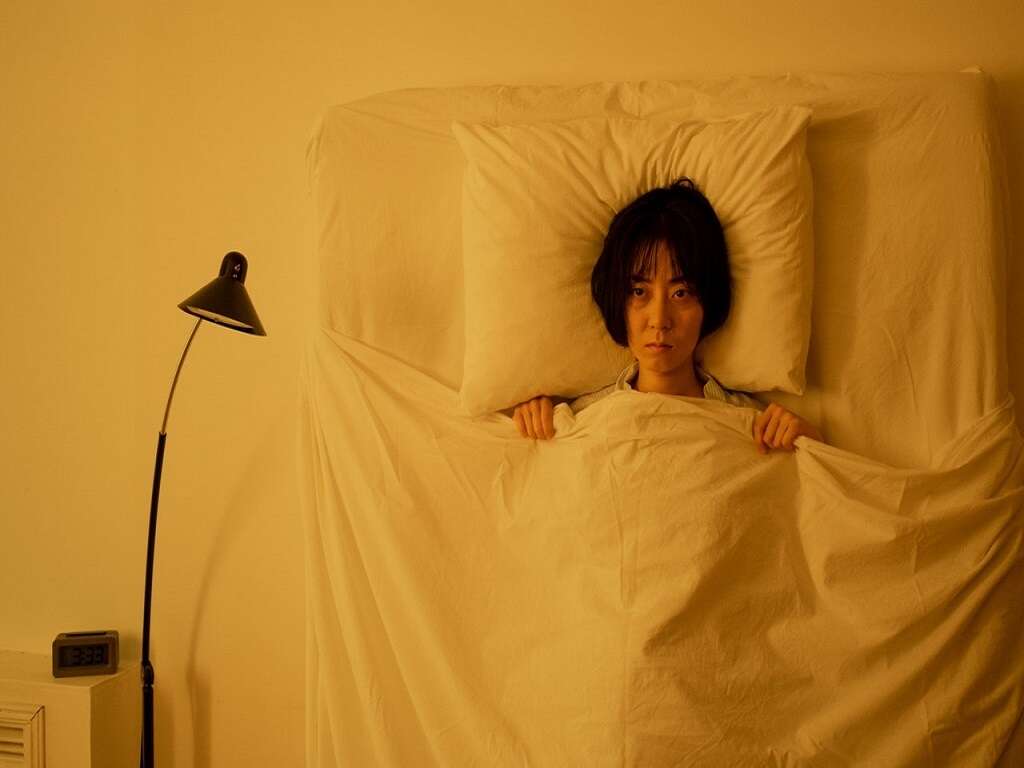10 Causes of Night Sweats In Men
7. Hodgkin Lymphoma
Hodgkin Lymphoma is a rare cancer that affects the lymphatic system, which is part of the immune system. This system is made up of a network of structures known as lymphatic vessels, lymph nodes, and certain organs. The fluid (lymph) that runs through it contains white blood cells (lymphocytes) that are in charge of fighting infections and some diseases. However, in Hodgkin lymphoma, a type of lymphocyte (B- lymphocyte) begins to multiply abnormally in lymph nodes located in different parts of the body, causing the various manifestation of the disease. Nevertheless, Hodgkin Lymphoma most commonly starts in the lymph nodes located in the chest, under the arms, or the neck (upper body).
This serious medical condition can affect people of any age; however, it mostly targets young adults (between 20-40 years old) and people over the age of 70. Among the most common signs and symptoms of Hodgkin Lymphoma are night sweats, fever, and weight loss, also known as “B symptoms”. In fact, it is estimated that night sweats and fever are found in roughly a quarter of patients with this condition. Sometimes, drenching night sweats are the only presenting complaint in these patients. Moreover, other possible manifestations of the disease include fatigue, severe itching, increased sensitivity to the effects of alcohol (pain), and the painless swelling of lymph nodes (i.e. neck, groin, armpits).
Advertisement











